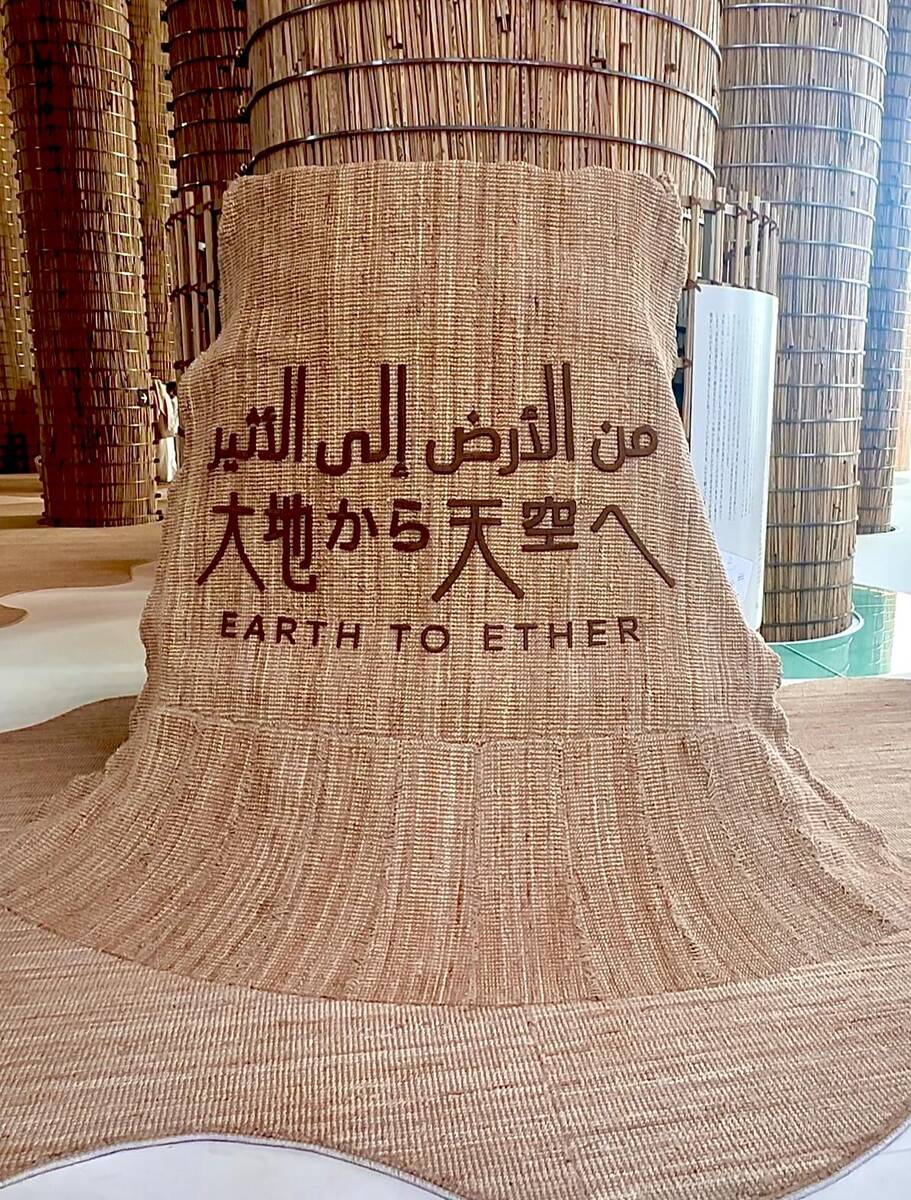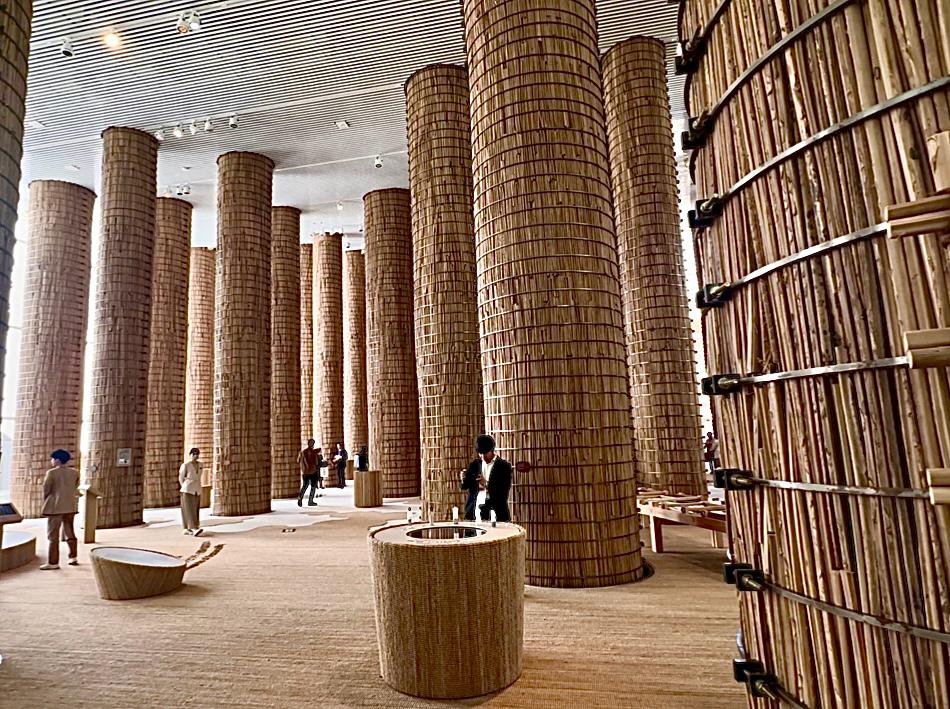AMMAN: Palestinian officials, activists and the public at large stood unusually united on Tuesday in their opposition to the US-led, economic-based Israeli-Palestinian peace effort. They launched a wide-ranging public and media blitz in protest against the start of the two-day Peace to Prosperity economic workshop in Bahrain.
Palestinian government spokesman Ibrahim Milhem told Arab News that watching Jared Kushner make his opening speech at the workshop about the so-called “Deal of the Century” reminded him of the financial machinations of Wall Street.
“I saw a salesman trying to push a particular product, talking about numbers and opportunities without the slightest interest in the fact that he was talking about our lives and our situation,” he said.
Milhem and other Palestinian officials talked to a number of media outlets in an attempt to counter the US narrative. President Mahmoud Abbas, who presides over a divided authority that is in perpetual financial crisis and depends on donor nations, invited members of the Foreign Press Association to his Ramallah headquarters. “We need the money and, really, we need assistance,” he told them. “But before everything, there is a political solution.”
Prime Minister Mohammad Shtayyeh appeared on the Christiane Amanpour program on CNN International and wrote a column for the Washington Post headlined “Palestinians want freedom not Trump administration bribes.”
After Kushner’s speech, political analyst Lamis Andoni said that Palestinians are being asked to accept that if the prison conditions under which they live are to improve, the occupation
will continue. The US proposal is designed to silence Palestinians by giving them enough to survive, while giving a minority the chance to get rich, he said. “It didn’t work before and will not work now,” he added.
Husam Zulmot, head of the Palestine mission in the UK and former head of the Washington DC mission, said: “Palestine is not for sale.” He described Kushner’s plan as “deceptive” and “disingenuous,” arguing that it does not address the core issue: the occupation.
In Nablus, the deputy head of Fatah, Mahmoud Aloul, issued a stern warning to Arab participants in the Bahrain workshop: “We tell our brothers that they have stabbed us in the back and your intervention in our cause has gone overboard and we will not allow that.” He qualified this by adding: “The US and Israel will continue to be our enemy but we will not consider you enemies; we will leave you to your own people and hope that your hibernation will not last long.”
The Palestinian Al Quds daily newspaper ran the front page headline “Opposition to the Deal of the Century hold protests throughout the homeland and the diaspora,” with a photo of the demonstrations in Ramallah covering the rest of the front page. It also published a two-page supplement quoting politicians from a number of movements, including Fatah and Hamas, along with analysts and pundits, all criticizing the Manama workshop.
Hani Elmasri, the head of the Masarat think tank in Ramallah. wrote an article in which he said that the “Trump deal will not succeed without a Palestinian cover, and will fail sooner or later, but while the plan has not succeed in liquidating Palestinian nationalism it has succeeded in stressing the facts of the occupation and made the possibility of a Palestinian struggle much more difficult. This means that it is not enough for Palestinians to reject this plan but they need to respond with a holistic strategy that must be political, economic and has to be a struggle by the people on all levels.”






























